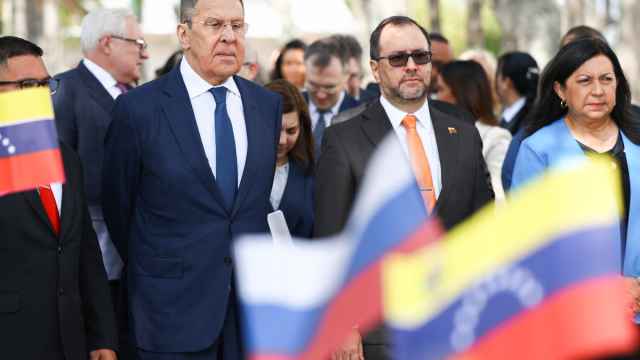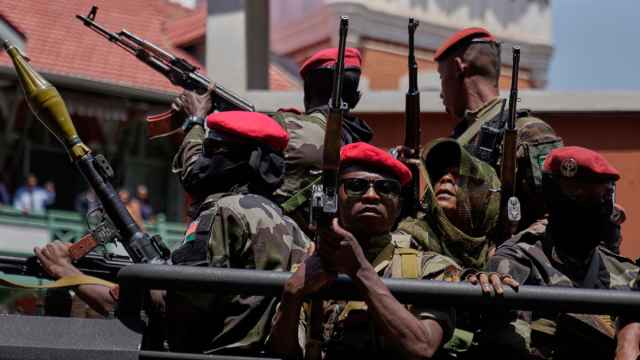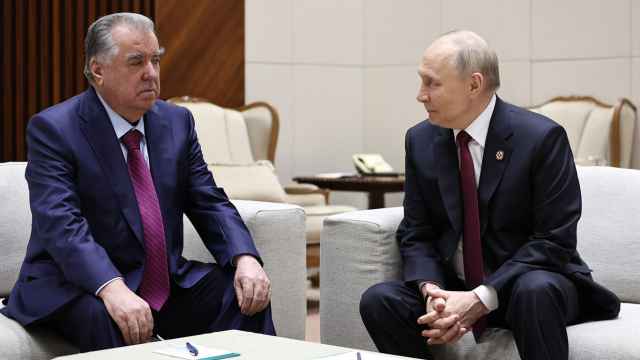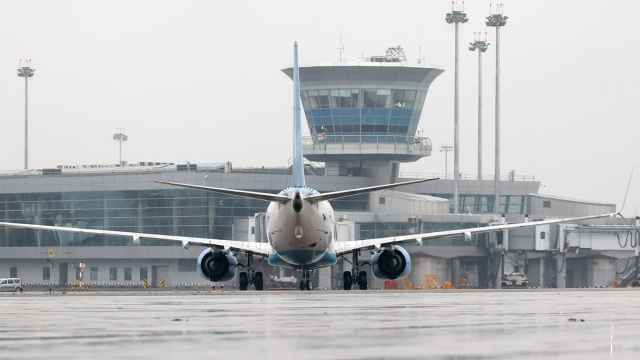ST. PETERSBURG — European Council President Herman Van Rompuy addressed the issue of visa-free travel between Russia and the EU at a meeting ahead of the G20 summit, saying "even though expectations are high, it cannot be resolved overnight" due to "sensitive issues that have to be tackled by all individual states."
The EU is set to sign association agreements with several nations of Eastern Europe, including Armenia, Moldova and Ukraine. Russia has openly criticized the move.
But Van Rompuy seemed to seek to ease any concerns over the deal.
"The association agreement between Ukraine and the EU will not damage this country's long-standing ties with Russia. Why should it have to be a case of 'either/or?" Van Rompuy said.
At the same time, Van Rompuy was careful in his choice of words, saying that Ukraine would sign the agreement only if "it will be possible."
Armenia dealt a blow to the EU on Wednesday by declaring it would join the Russia-led Customs Union despite its earlier reluctance, when it argued that the fact that it doesn't share a border with Russia made its participation futile.
Russia and the EU have spent recent months engaged in a tug-of-war for influence over nations in the EU's Eastern Partnership, which includes Belarus, Ukraine, Moldova, Georgia, Armenia and Azerbaijan.
The Kremlin has sought to woo its neighbors to become part of its Customs Union in a move observers say is meant to preserve Russian influence over the region.
In early August, President Vladimir Putin paid a visit to Ukraine and hailed the two nations' historical ties as he called for closer cooperation, all in an apparent bid to keep it from straying too close to the EU.
A Message from The Moscow Times:
Dear readers,
We are facing unprecedented challenges. Russia's Prosecutor General's Office has designated The Moscow Times as an "undesirable" organization, criminalizing our work and putting our staff at risk of prosecution. This follows our earlier unjust labeling as a "foreign agent."
These actions are direct attempts to silence independent journalism in Russia. The authorities claim our work "discredits the decisions of the Russian leadership." We see things differently: we strive to provide accurate, unbiased reporting on Russia.
We, the journalists of The Moscow Times, refuse to be silenced. But to continue our work, we need your help.
Your support, no matter how small, makes a world of difference. If you can, please support us monthly starting from just $2. It's quick to set up, and every contribution makes a significant impact.
By supporting The Moscow Times, you're defending open, independent journalism in the face of repression. Thank you for standing with us.
Remind me later.





